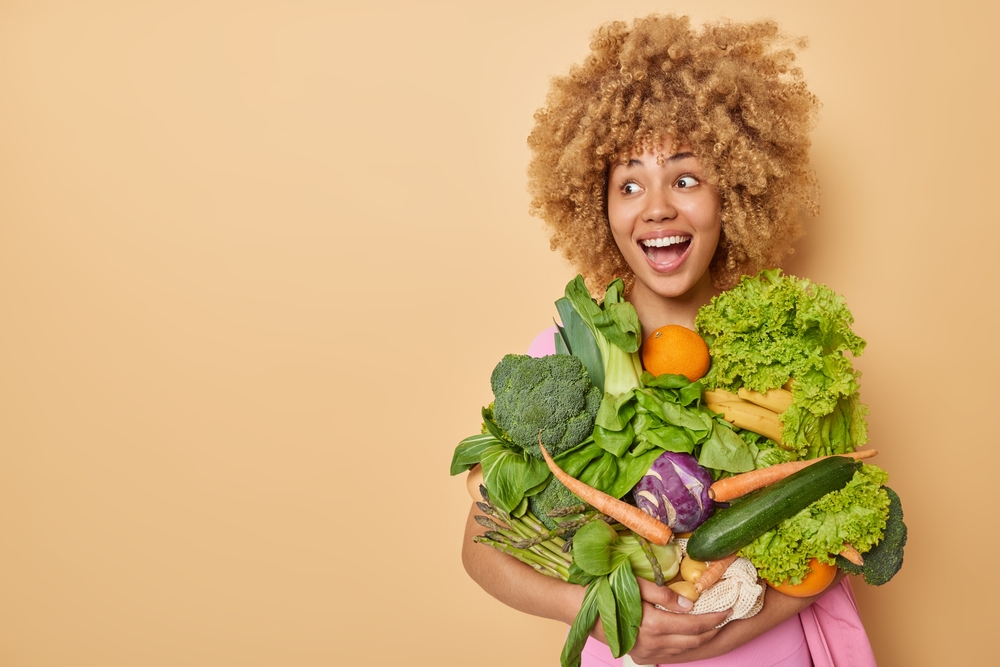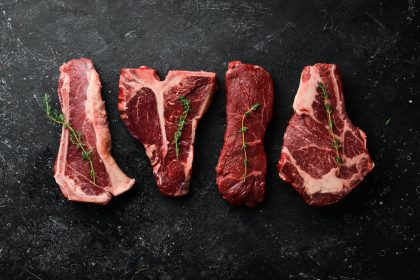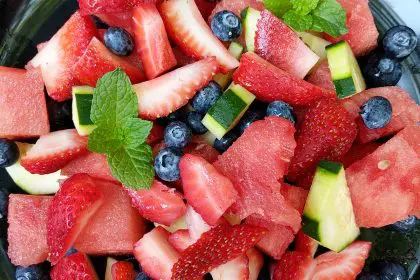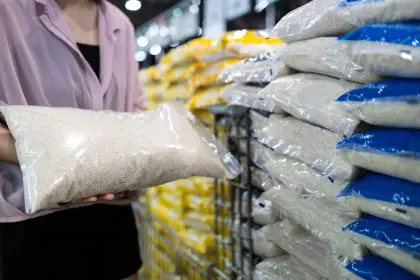The choice between frozen and canned vegetables impacts both nutritional value and meal quality. While canned vegetables have long provided convenience, frozen alternatives offer superior benefits in several key areas.
Superior nutrient retention
Flash-freezing technology captures vegetables at peak ripeness, preserving vital nutrients that often diminish in canned alternatives. This rapid freezing process locks in water-soluble vitamins and minerals, particularly vitamin C and B vitamins, which typically degrade during the high-heat canning process.
Modern freezing methods have evolved significantly, allowing vegetables to be processed within hours of harvest. This quick transition from field to freezer maintains nutritional integrity far better than traditional canning methods, which require lengthy processing times.
Sodium content advantages
Canned vegetables typically contain significant amounts of added sodium, used as both a preservative and flavor enhancer. A single serving of canned vegetables can contribute up to 30% of recommended daily sodium intake. Frozen vegetables, however, rarely contain added salt, allowing consumers to control their sodium consumption.
This sodium difference becomes particularly important for individuals managing hypertension or heart conditions. The ability to season frozen vegetables according to personal taste and dietary needs offers greater flexibility in meal preparation.
Texture and flavor benefits
The rapid freezing process better maintains vegetable structure at the cellular level, resulting in superior texture upon cooking. Unlike canned vegetables, which often become mushy during processing, frozen vegetables retain much of their original firmness and shape.
The flavor profile of frozen vegetables typically stays closer to fresh produce, lacking the metallic undertones sometimes present in canned options. This taste advantage becomes particularly noticeable in dishes where vegetable flavor plays a prominent role.
Environmental considerations
Frozen vegetables typically generate less packaging waste compared to their canned counterparts. The lightweight plastic bags used for frozen products require less energy to produce and transport than metal cans. Additionally, frozen packaging often contains more product by weight, reducing the packaging-to-food ratio.
Storage efficiency also favors frozen vegetables, as their packaging allows for better space utilization in both commercial and home settings. This efficiency extends to the entire supply chain, from transportation to retail storage.
Cost effectiveness
While initial prices might appear similar, frozen vegetables often provide better value through reduced waste. The ability to use only needed portions and return the remainder to freezer storage prevents the common problem of partial can disposal.
Long-term storage capabilities also allow consumers to take advantage of bulk purchasing and sales without risking spoilage. This flexibility can significantly reduce overall food costs while maintaining access to quality vegetables.
Food safety advantages
Frozen vegetables bypass concerns about BPA and other can lining chemicals that have raised health concerns. The simple packaging of frozen vegetables eliminates exposure to these controversial substances while maintaining food safety through temperature control rather than chemical preservatives.
Modern freeze-drying techniques have also improved safety protocols, reducing the risk of contamination during processing. This advancement provides additional peace of mind for health-conscious consumers.
Cooking versatility
Frozen vegetables adapt well to various cooking methods, from steaming to roasting. Their firmer texture holds up better under high-heat cooking techniques compared to canned alternatives. This versatility makes them suitable for a wider range of recipes and cooking styles.
Professional kitchens increasingly rely on frozen vegetables for consistency and quality control. The standardized size and quality of frozen produce helps maintain dish consistency while reducing prep time.
Future implications
As freezing technology continues to advance, the gap between frozen and canned vegetables likely will widen further. Innovations in flash-freezing techniques and packaging materials continue to improve product quality while reducing environmental impact.
The trend toward healthier eating and environmental consciousness suggests frozen vegetables will play an increasingly important role in modern diets. Their combination of nutrition, convenience, and sustainability aligns well with contemporary food preferences and lifestyle needs.
This story was created using AI technology.
















